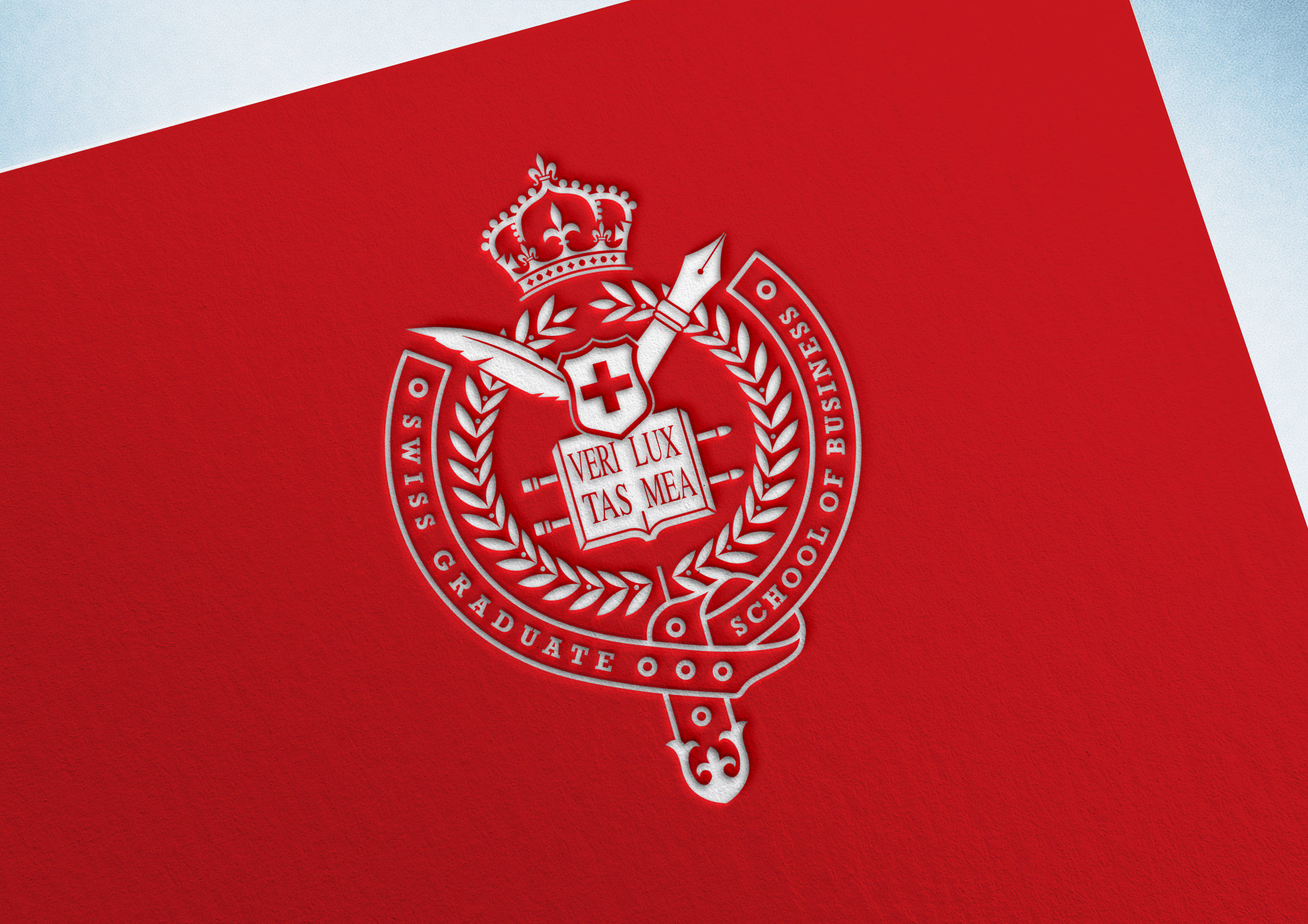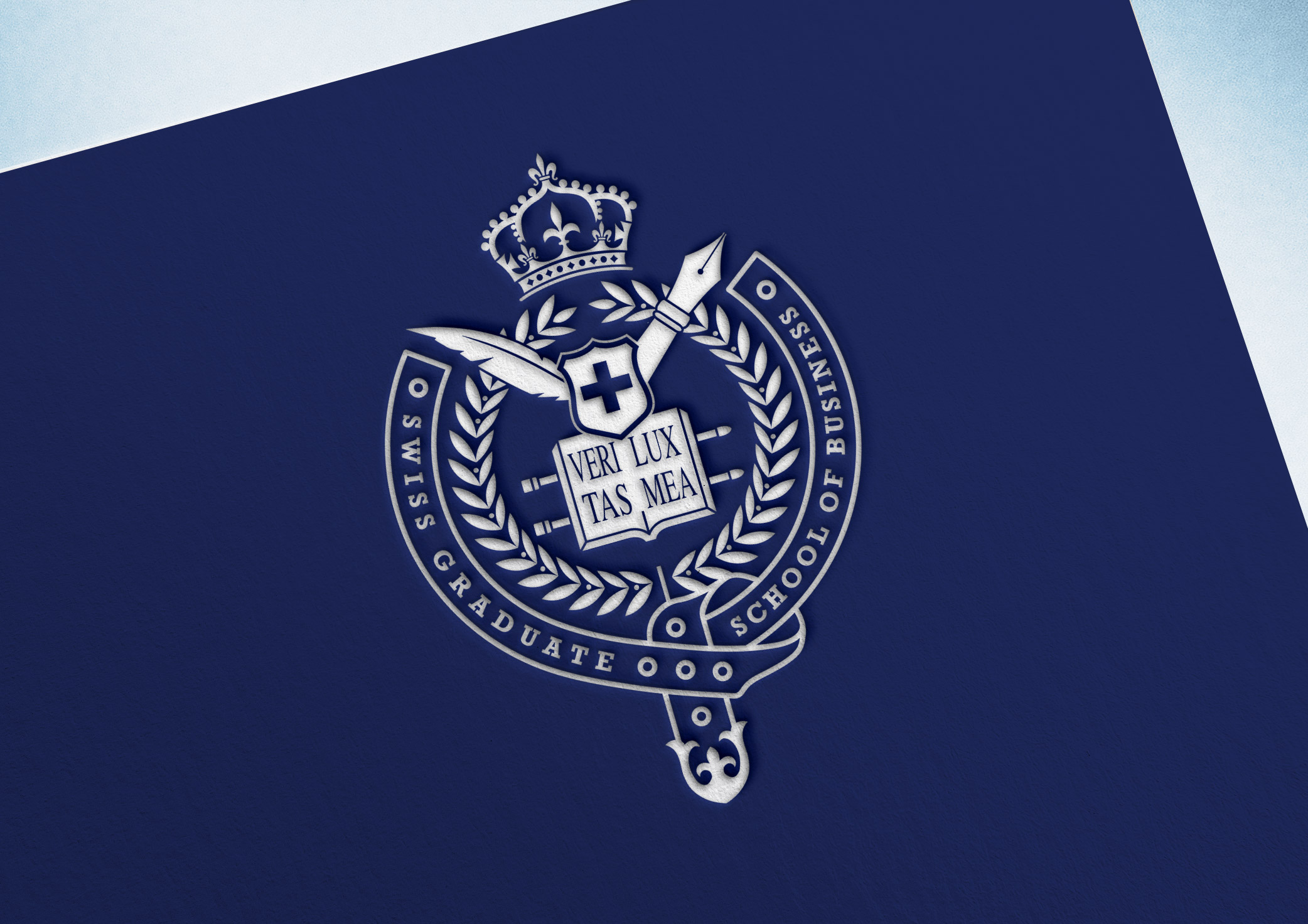SGSB – Validation of Acquired Experience (SGSB – VAE)
Wishing to enrich its training mission by opening up to a wide audience, the Swiss Graduate School of Business (SGSB) offers the Validation of Acquired Experience (VAE) from the perspective of professional lifelong learning. The first private Swiss university to accept candidates who did not have a degree diploma from the Bachelor’s diploma, Master’s diploma, or Doctorate diploma, the Graduate School of Business (SGSB) took a new step in 2022 by offering the VAE for the qualified professional candidates. Recognizing the skills acquired, within the framework of professional and associative activities, allows a partial exemption from the diploma program or from additional studies required for entry into training, subject to meeting the prerequisites.
Six faculties, an institute, and a center participate in this process:
– The Faculty of Business (School of Business) by Graduate School of Business (SGSB)
– The University Center for Management. (School of Management) by Graduate School of Business (SGSB)
– The University Institute for Training Center of Tourism. (School of Tourism) by Graduate School of Business (SGSB)
– The Faculty of Erasmus Education Foundation.
– The Faculty of the Swiss Graduate School of Business.
– The Faculty of the Global Education Partner.
FAQAs
A List of Frequent Asked Questions and Answers Relating to A Particular Subject of the Validation of Acquired Experience (VAE)
1. What is the VAE?
The Validation of Acquired Experience (or VAE) is an individual right established by the social modernization law passed in 2002. It opens up the possibility of obtaining a diploma based on professional experience, and no longer only at the end of a training course.
2. Under what conditions can I benefit from it?
The only requirement is to be able to justify a professional experience of at least 3 years, in connection with the intended diploma. This experience can be based on an employee, non-employee, or volunteer activity, carried out continuously or not. It must be deemed admissible by the certifying authority.
3. Which degrees are accessible by the VAE?
All the titles and diplomas listed in the national directory of professional certifications are accessible to the VAE. These are diplomas or professional titles issued by the State, diplomas issued on behalf of the State by a higher education institution, titles from a consular or private training organization, and branch qualification certificates.
4. Are diplomas in the health and social sectors accessible by the VAE?
In the health and social sector, all certificate titles or diplomas are concerned. To date, the following are already available: the DEAVS (Social worker), and the DEES (State Diploma of specialized educator). Diplomas aimed at regulated employment (nurses, social service assistants, etc.) may be subject to special conditions.
5. Who awards the diploma as part of the VAE?
It is the authority issuing the diploma by the classical route that is also responsible for issuing the diploma by the VAE (ministries, universities …). Important: the diploma has the same value, whether it is obtained by the classical route or by the VAE.
6. Can I obtain the entire diploma through the VAE?
Yes. The jury may award the entire degree diploma if it considers that the candidate has acquired all the necessary skills and knowledge.
7. If the jury of SGSB validates only part of the knowledge and experience, how can I access the entire diploma? is it necessary to pass an entrance selection or obtain any executive certificate, or any semester for the specialized degree program at the SGSB Business School?
The SGSB jury may decide to validate only part of the knowledge acquired by the candidate. In this case, the latter has a period of 5 years to submit to a complementary check of the knowledge that he can acquire, either through training or through additional professional experience. It should be noted that there is currently a debate on the modalities of this additional control. They will be determined degree by degree.
8. What is the procedure to be followed by the VAE candidate?
The main stages of the VAE route are the choice of the intended degree, examination of the conditions for the admissibility of the application, the constitution and delivery of the file, and the evaluation by the jury concerning what is required for the targeted diploma the decision to award the diploma or partial validation, the possible construction of a complementary course according to the skills still to be acquired.
9. Where can I find out more?
A lot of useful information can be obtained from the Advice Points for the VAE, set up by the regions in each department, as well as from the Regional Reception Centers for information on training. It is possible to obtain information directly from the authority issuing the diploma, in particular on the procedure to be followed and on the constituent elements of the application file.
10. Where do I file my application?
The initial application must be submitted to the authority issuing the diploma. For diplomas under the jurisdiction of a ministry, it will be necessary to contact one of its regional directorates. For those related to National Education, it will be necessary to contact the rectorate or the university concerned. It is the same authority that verifies the admissibility of the application: namely the duration and the nature of the experience in connection with the intended diploma. It is only once the application has been declared admissible that the file can be compiled and submitted. Note that a candidate can only submit one application during the same calendar year and for the same diploma, title, or qualification certificate.
11. How can I prove my professional experience and skills?
By the constitution of a file submitted to the examination of the jury. This must include documents reflecting the professional experience acquired as well as certificates of the training courses followed and, if necessary, diplomas already obtained. The form and content of this file will be determined by the authority responsible for issuing the diploma. It should be noted that this may also include an interview with the jury as well as a real or reconstructed professional situation.
12. How is the VAE jury constituted?
The jury must be composed of at least one-third of qualified representatives of the professions, half employers, and half employees. To ensure a balanced representation of men and women. In higher education, the members of the jury are appointed by the president of the university or the head of the higher education institution, depending on the nature of the validation requested. It includes teachers-researchers and people competent to assess the nature of the acquired knowledge, especially professionals, whose validation is requested.
13. Can I be helped to prepare the application for the VAE?
A support system for candidates is proposed by the various certifying authorities, according to modalities that are specific to their preparation. It allows you to prepare for the completion of the dossier and the VAE qualification what the school will ask, you may contact directly to the administration to get exactly your case as it’s entire case by case.
14. Is there a charge for the VAE Qualification?
The VAE has a variable cost: costs related to the enrolment, application, accompaniment, and presentation before the jury (examination of the file, registration fees, individual or group interviews …), and the possible remuneration of the candidate. The VAE is part of the field of continuing professional education. It is supported according to the same modalities as a training action. Thus, companies can register the requests of their employees on their training plans. Similarly, notarized employees can request Individual Training Leave.
15. What is the VAE leave?
Candidates may benefit from a Leave for Validation of Acquired Experience, established by decree. This leave results in an authorization of absence for a maximum of 24 hours, consecutive or not. It should be noted that the CVAE may entitle you to financial support for the private non-profit organization – under the CIF in conditions close to the skills assessment, – under the company’s training plan. An information leaflet on the support of the CVAE is currently available from the UNIFAF regional delegations.
16. Can my employer refuse me leave for VAE?
He can postpone it but not refuse it. The CVAE must be requested, at the latest, 60 days before the start of the validation actions. The employer must then respond, in writing, within 30 days of the date of receipt of the request. In case of postponement of the absence authorization, he must specify the reasons for service motivating his decision. But this postponement cannot exceed 6 months, starting from the employee’s request.
17. Can my employer require me to file a VAE file?
No. The VAE is an individual right. Everyone is free to be a candidate or not. The law on social modernization stipulates that: “The validation of the acquired experience can only be carried out with the consent of the worker. The refusal of an employee to consent to an action to validate the acquired experience does not constitute a fault or a reason for dismissal”.
18. What is UNIFAF’s role regarding the VAE?
The SGSB Business School is not responsible for disseminating and investigating VAE files. This is a prerogative of the authorities issuing diplomas. It implements and finances the schemes developed by the professional branch.
19. What is the role of the professional branch regarding the VAE?
To optimize the use of the common law system provided for by law, the National Joint Employment Commission of the non-profit health, the social and medico-social branch has defined a professional support system specifically set up for employees in the sector who wish to undertake a VAE to obtain the State Diploma of Specialized Educator. It entrusts its implementation to regional clusters formed from social work training centers approved for the DEES or higher education. These resource centers provide the following services: – for candidates admitted to appear before a jury, the resources department offers an orientation diagnosis intended to formulate a hypothesis of successful completion of the VAE course.
Good luck for you all candidates!


